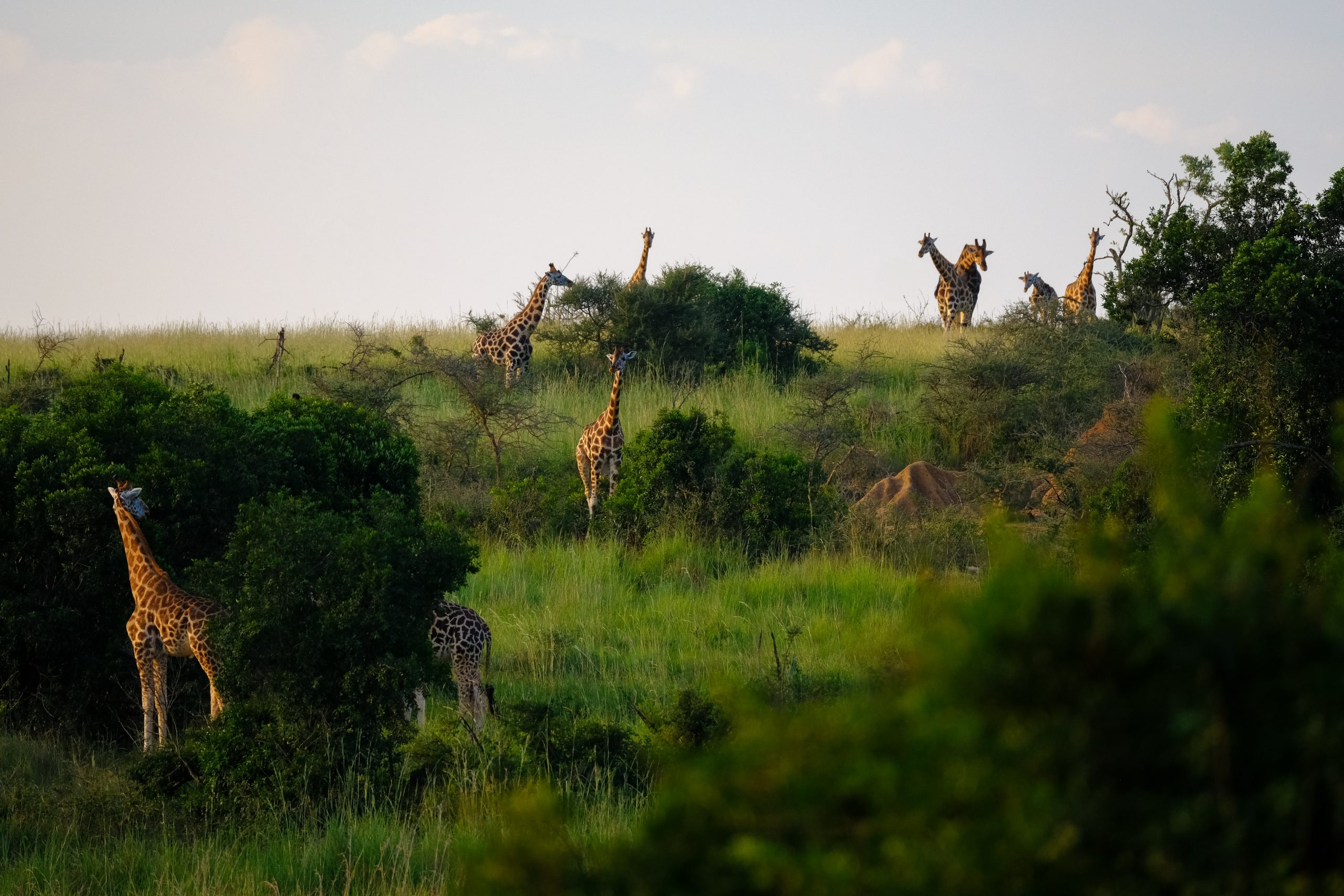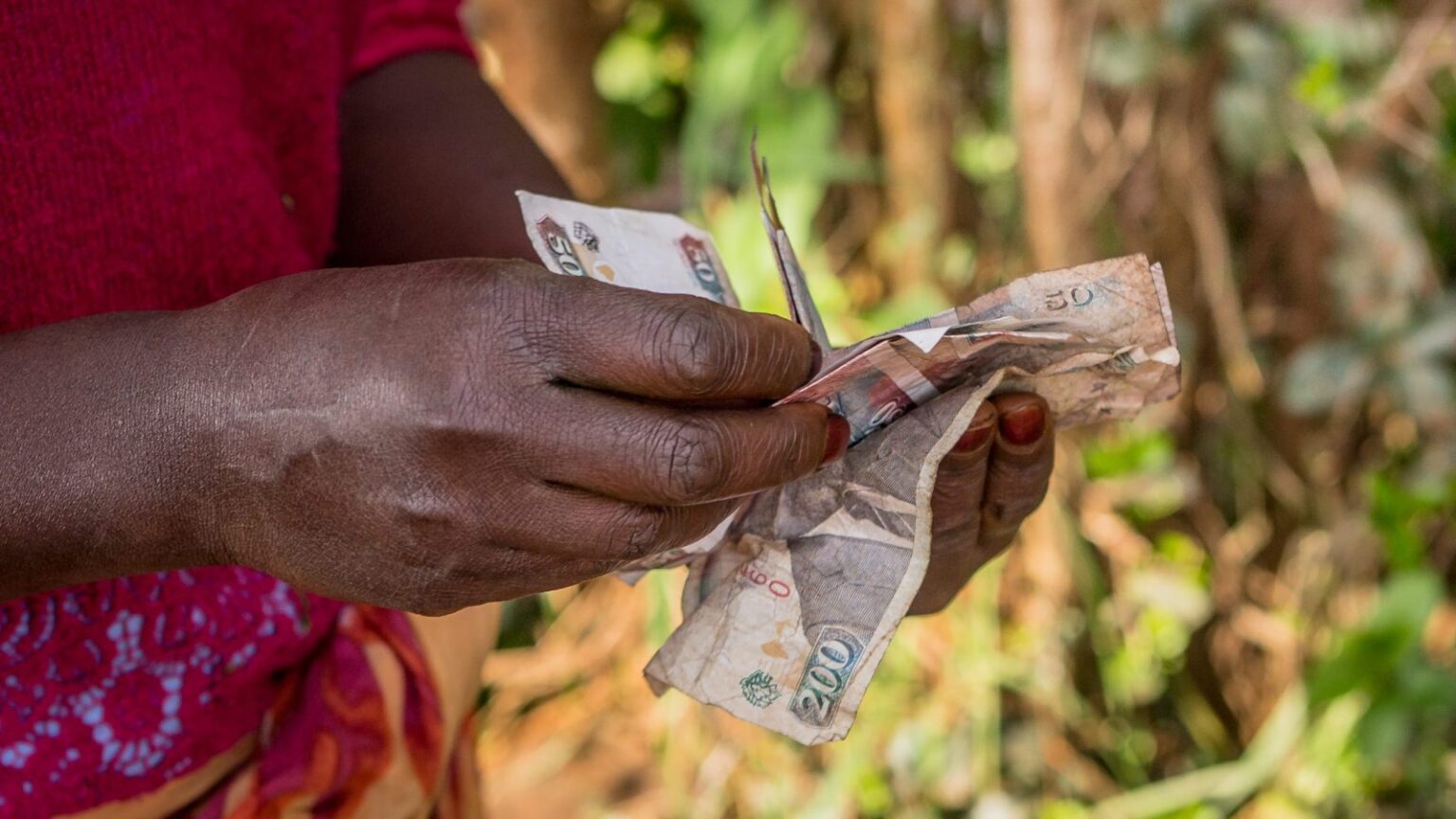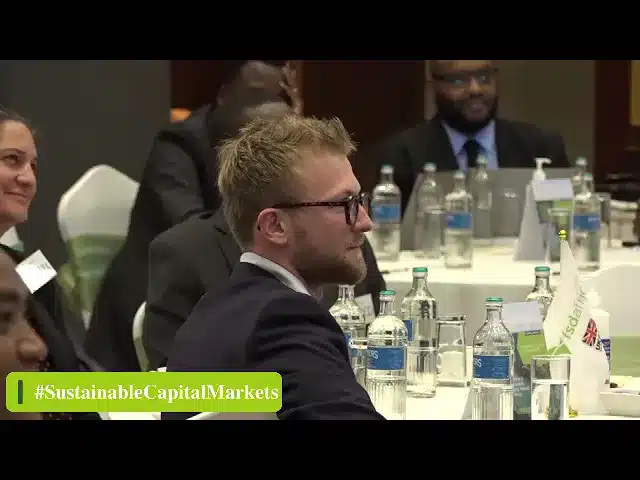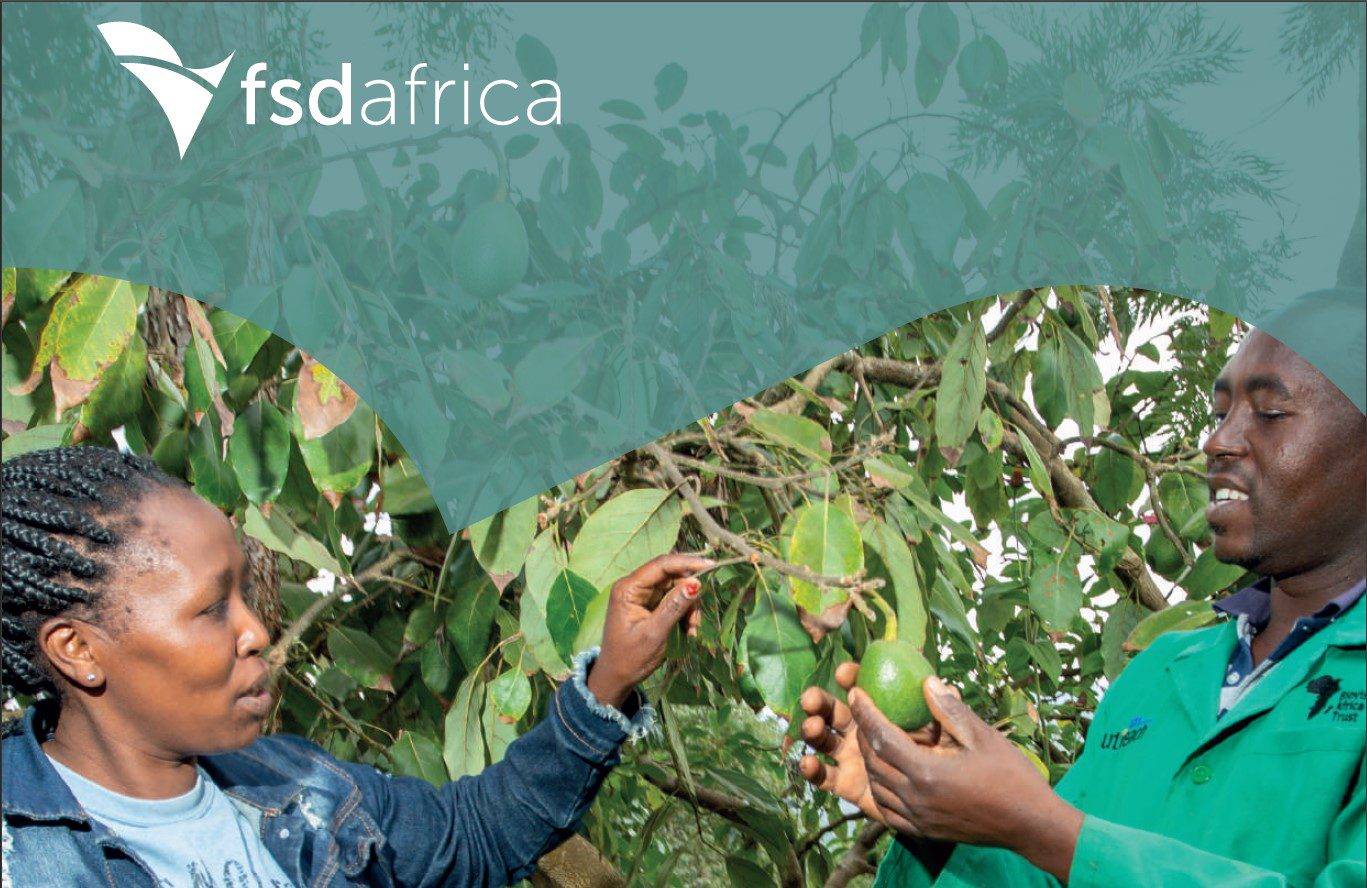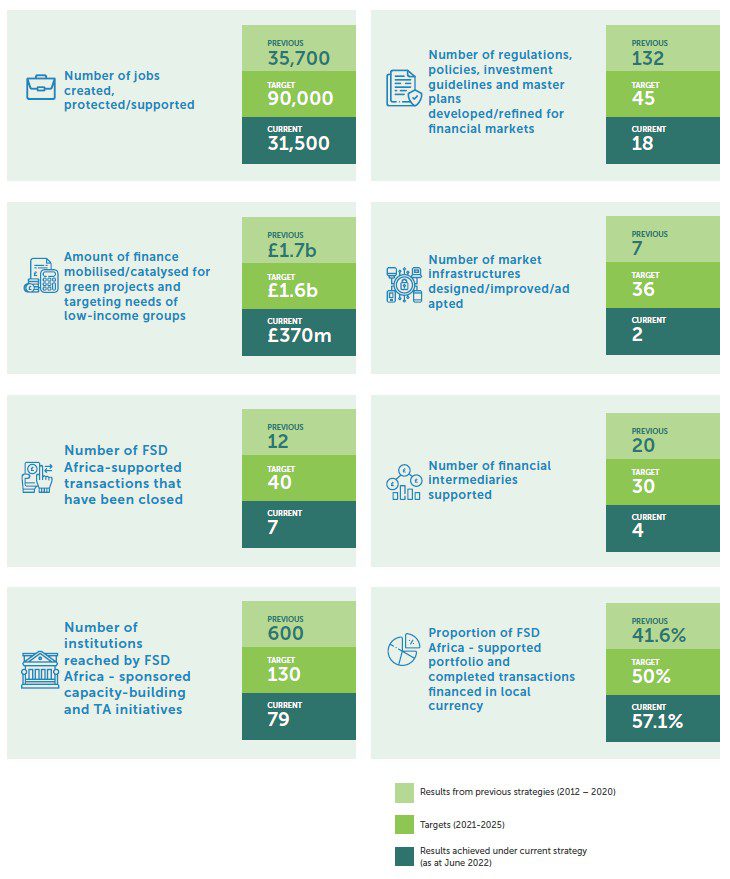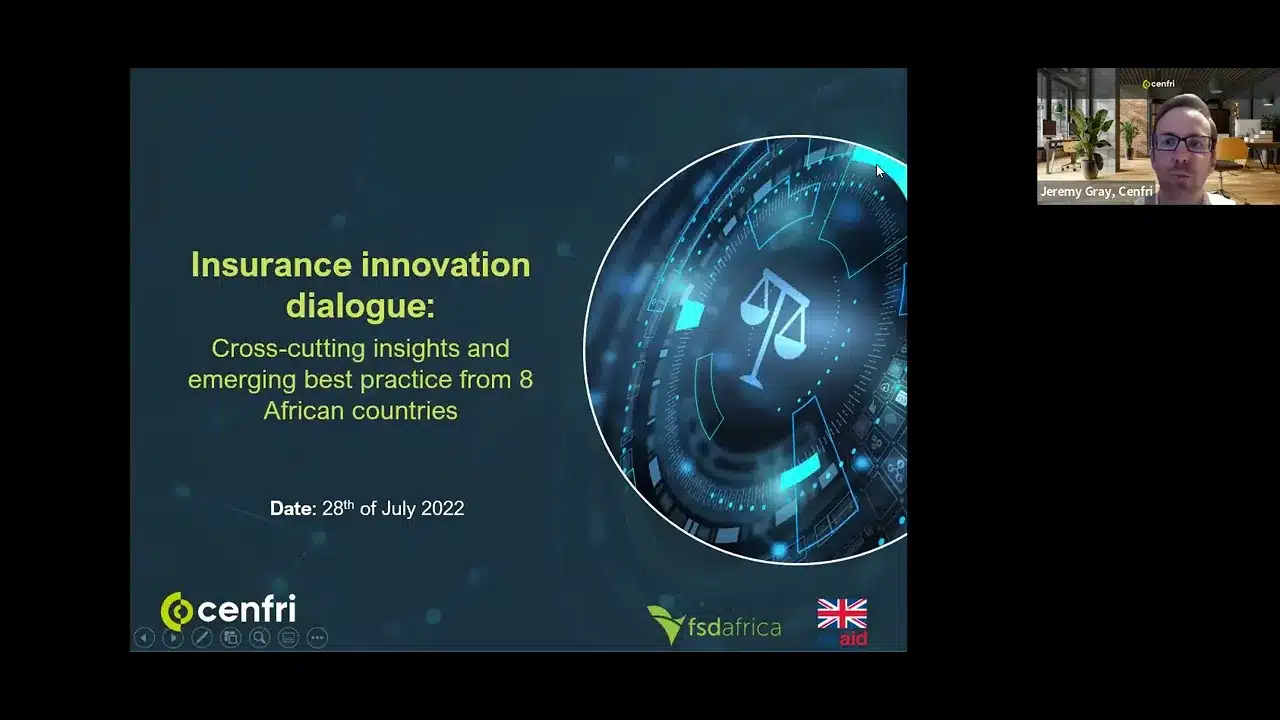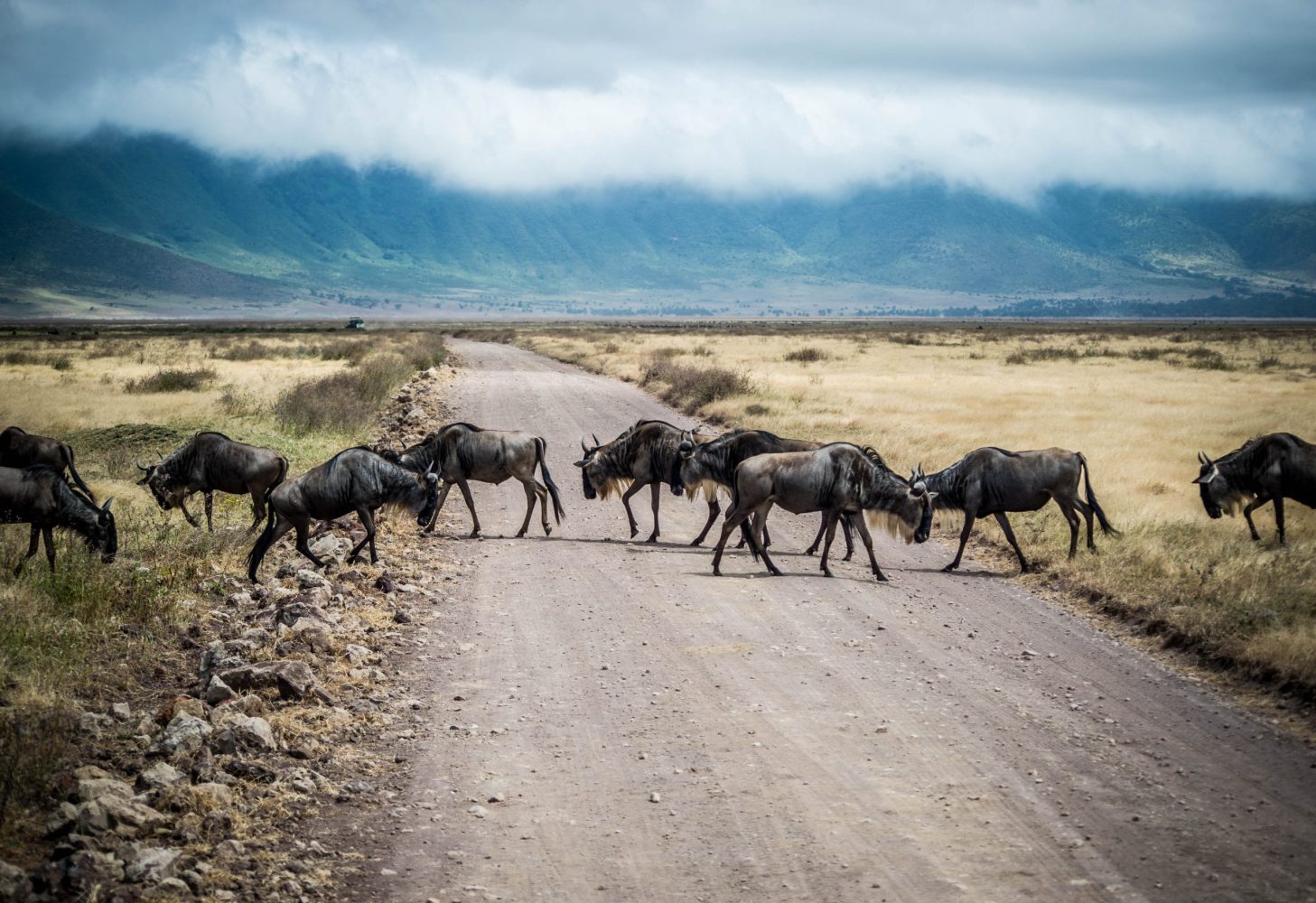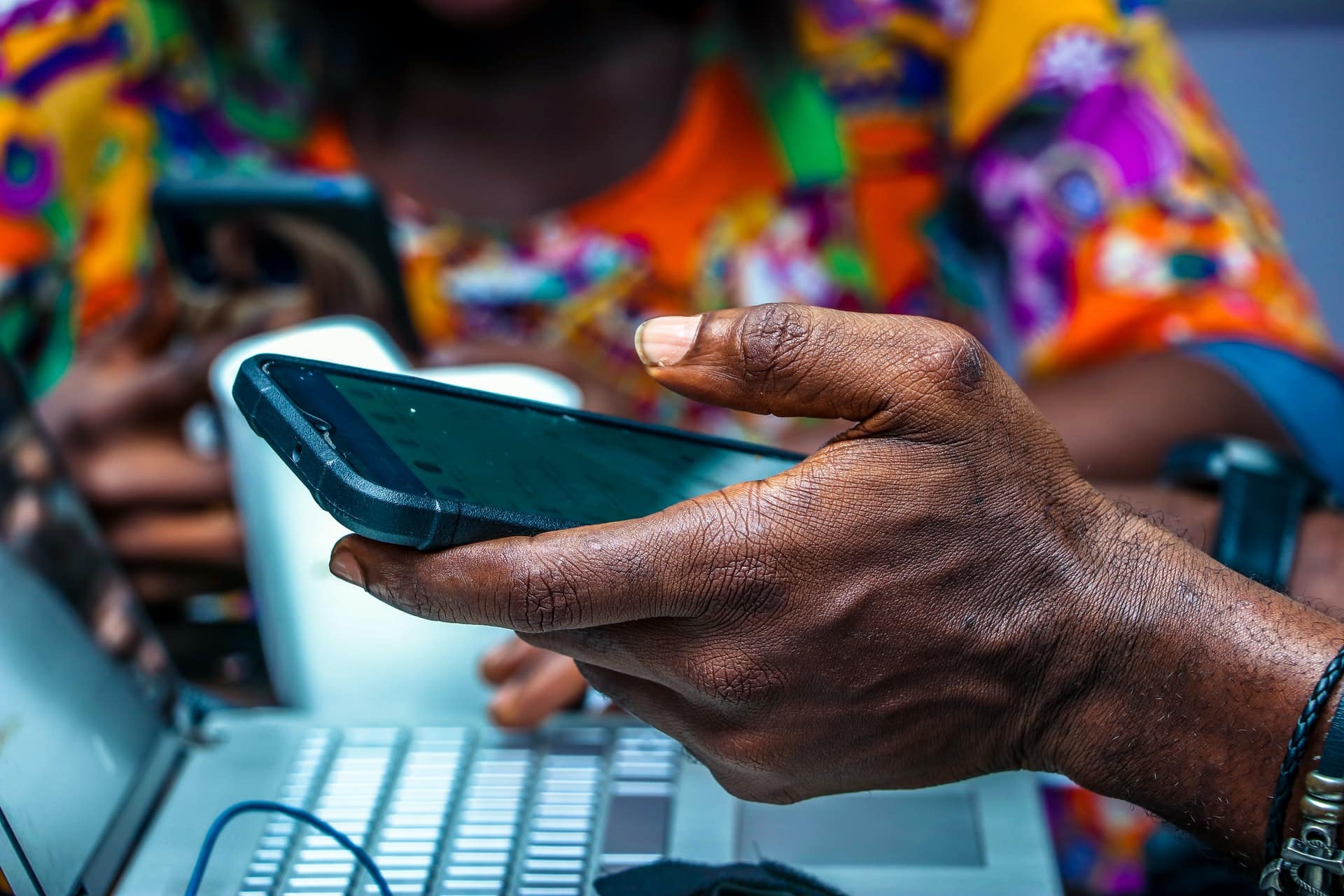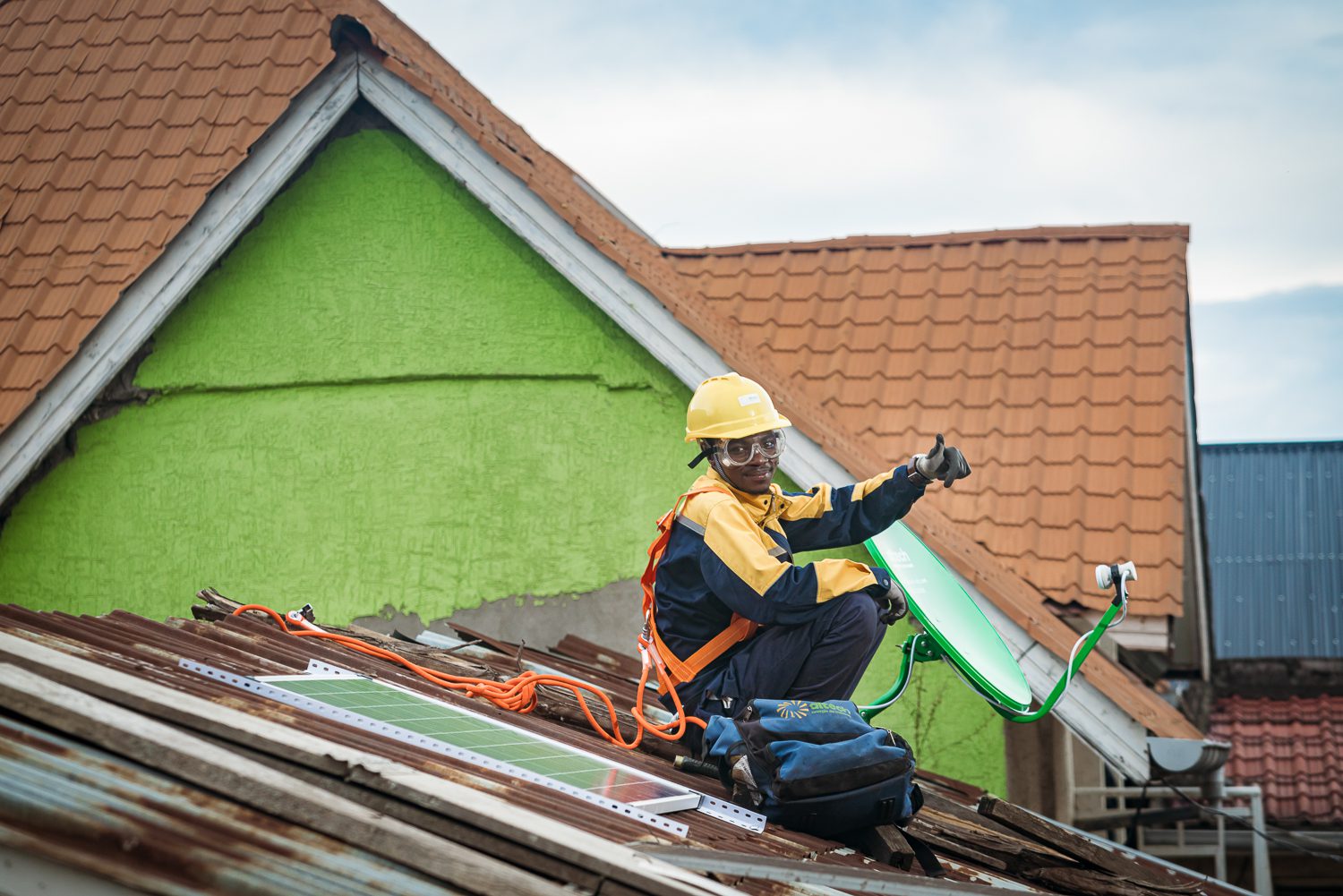Since the early 2010s, humanitarian organisations, development organisations and the Nigerian government have disbursed both cash and voucher assistance to millions of Nigerians in urgent need of assistance. Extreme poverty fueled by violent conflict, climate shocks and a neo-patrimonial distribution of wealth has left 40% of Nigerians living below the poverty line. While much of Nigeria’s humanitarian aid is delivered in-kind, there is an increased focus on cash and vouchers where feasible and appropriate, which can offer recipients more flexibility to make purchases according to their needs.
The Nigerian government’s social protection cash transfer programming does not use vouchers in most contexts but offers program recipients cash transfers. Where cash transfers are used over vouchers in both the humanitarian and social protection contexts, most are delivered through over-the-counter cash collection instead of directly into recipient electronic wallets.
We commissioned this study in collaboration with Enhancing Financial Innovation and Access (EFInA), Strategic Impact Advisors (SIA) and the GSMA to better understand the opportunities and barriers to digitising humanitarian and social protection transfers in Nigeria through an analysis involving desk research, key informant interviews with mobile financial service providers, humanitarian organisations and government stakeholders, as well as focus group discussions with both humanitarian and social protection cash transfer payment recipients.
The research focuses primarily on unrestricted cash transfers, instead of vouchers, in both humanitarian and social protection programming. It acknowledges that the use of cash transfers as a tool to support the poor and vulnerable is not feasible in all of the locations where humanitarian and social protection actors work, and that modality decisions must be evidence-based and determined by feasibility and appropriateness.
Key findings and opportunities for stakeholders involved in cash transfer delivery:

This research does not seek to replace that important program design process, but rather to propose steps forward that could enable the development of the local digital cash transfer ecosystem so that a greater breadth of modalities and delivery mechanisms could be considered and used to enable sustained access to relevant digital financial services for program recipients.
The report dives deeper into the challenges, recommendations and opportunities, and also provides a comprehensive overview of Nigeria’s digital payment ecosystem, the current method of cash transfer delivery, as well as an analysis of the needs and preferences of program recipients.
This roadmap further offers actionable suggestions for improving the ecosystem’s capacity to deliver digital unrestricted cash transfers, and also considers ways e-voucher products could contribute to a more robust merchant payment ecosystem.
